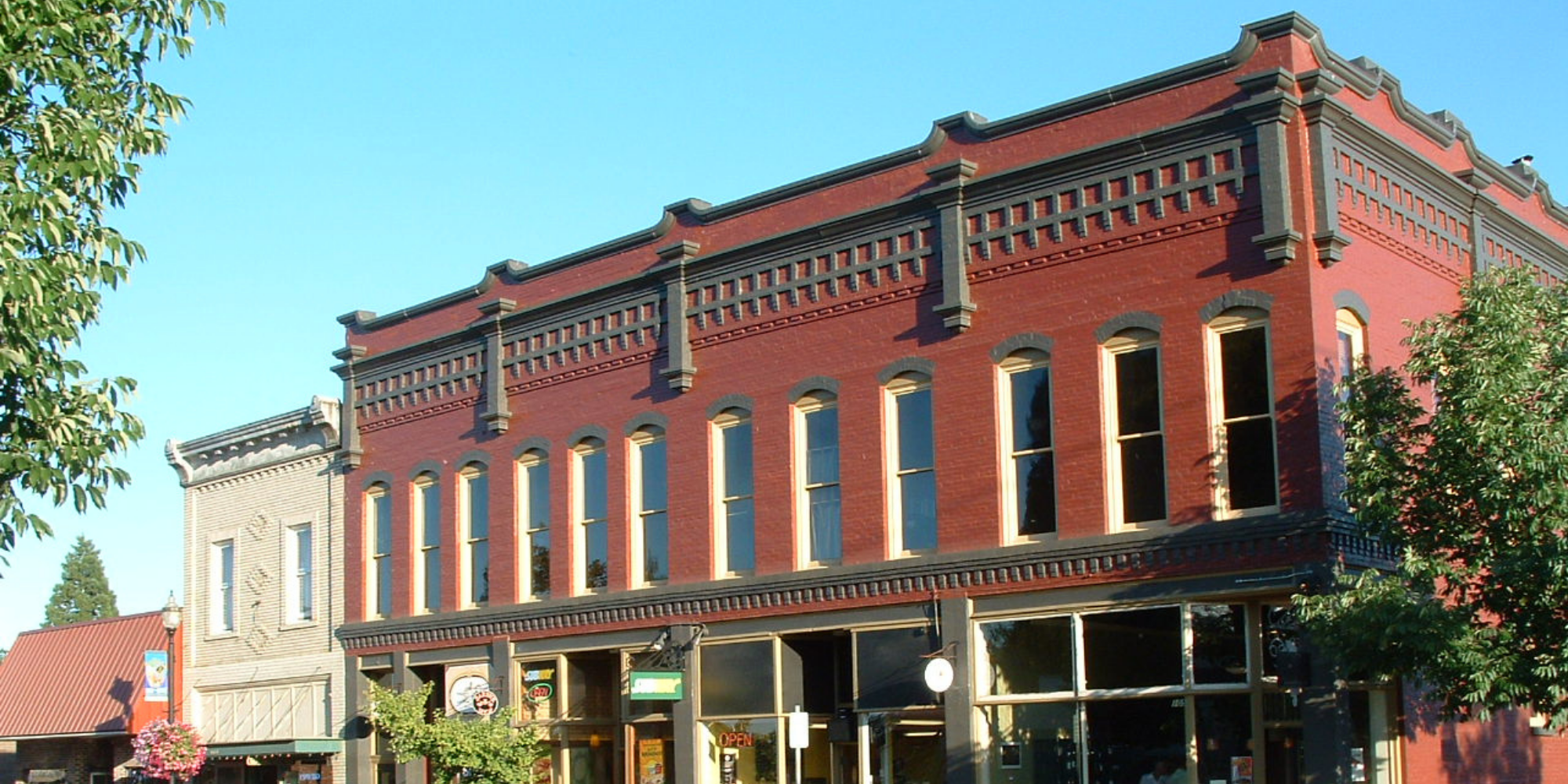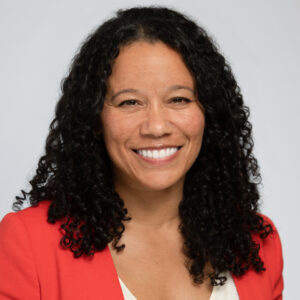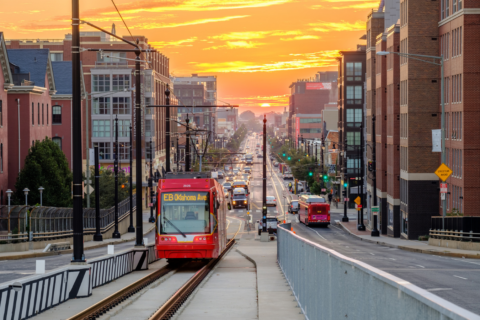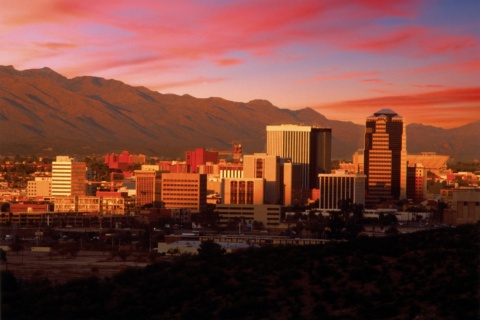Monmouth, Oregon is a is a city roughly 20 miles west of Salem, the state’s capitol. With a large downtown park that hosts numerous festivals and celebrations, there’s a strong sense of community among Monmouth’s 11,000 residents. Pacific Highway 99W provides easy access to Portland to the north, Eugene to the south, agricultural markets for locally sourced food and world-renowned wineries.
Monmouth is also home to Western Oregon University (WOU), which happens to be its largest employer. Rounding out education, other top employment industries include 1) health care and social services, 2) retail and 3) accommodation and food services.
While the city has a strong relationship with WOU, it recognizes the need to diversify its economic base. Instead of focusing solely on traditional economic development strategies that involve luring larger companies, Monmouth wants to grow its own through entrepreneurship. Currently, the city has around 200 business establishments, about 80% of which have nine or fewer employees. Sadly, some of these businesses closed for good during the pandemic. On the other hand, Monmouth is observing the birth of new enterprises. Suzanne Dufner, Monmouth’s Director of Community & Economic Development, believes now is an opportune time to shine a new light on the support services available to the local business community, making it easier for entrepreneurs to access the resources they need for success.
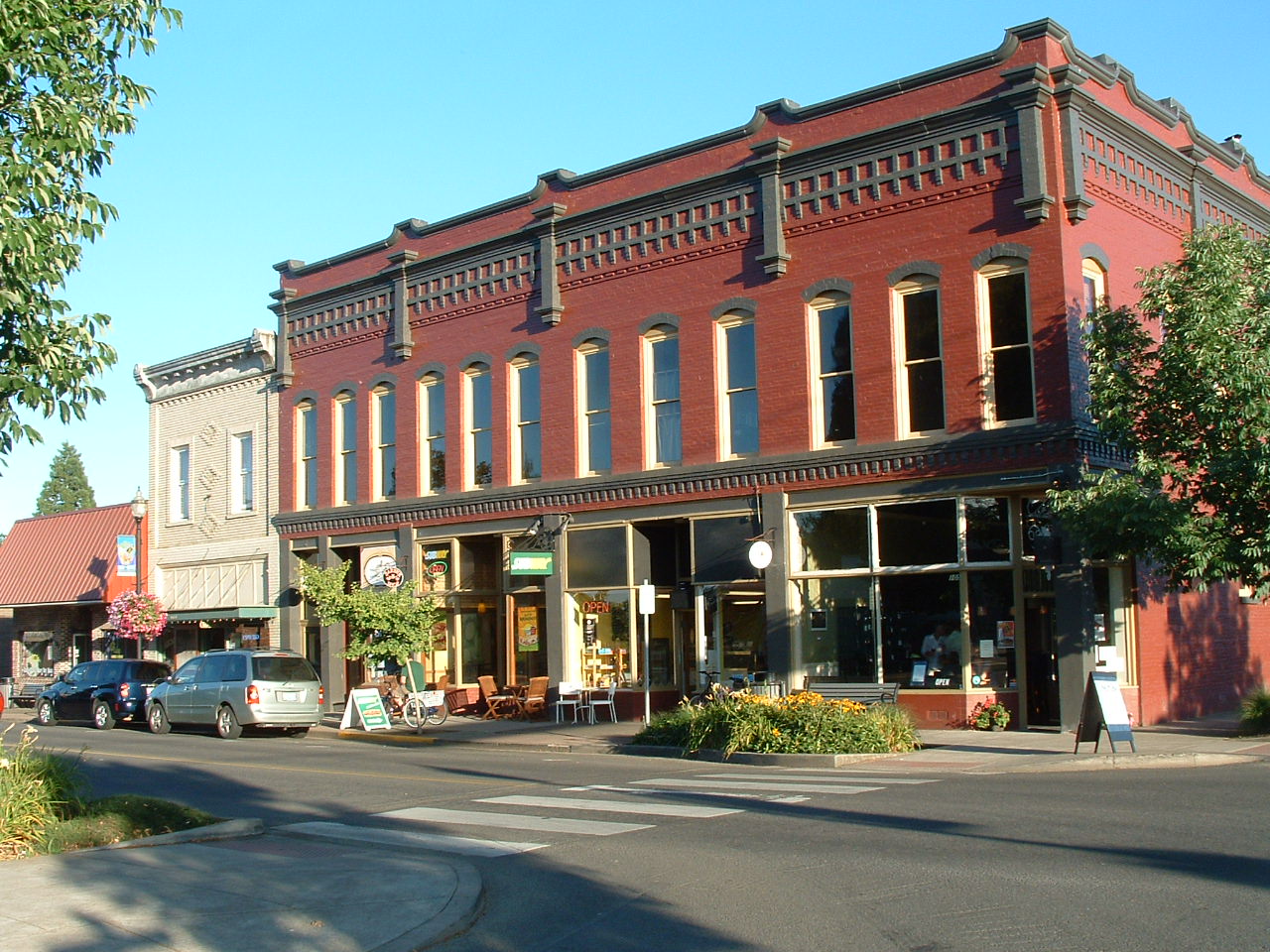
How Monmouth is Doing It
The city’s recently completed five-year Economic Development Strategic Plan gave Monmouth an understanding of where it should start. From this initiative, the city recognized that 1) its smaller size inhibits the number of support programs and services it can directly offer, and 2) Monmouth must rely on partnerships and other community organizations to provide adequate support. Economic development, Monmouth determined, is best approached as a team sport, where the city’s efforts are coordinated and aligned with other economic development organizations and individuals at the local, regional and state level.
Organizing these resources and partnerships can be challenging, so Monmouth is embarking on an asset mapping exercise to build a stronger, united team to serve small businesses. “We have a lot of different service providers and programs our entrepreneurs need to navigate,” explains Dufner. “And so far, they’ve endured the process. Still, it’s in our best interest to make it easier so business owners don’t give up in frustration when they’re not able to access the information or support they require.”
Business needs vary widely, depending on what stage or sector a business is in, explains Dufner. Listening attentively and asking questions to get a sense of the true ask is key to matching businesses to appropriate solutions. A ‘knee jerk’ reaction, she notes, is to turn to the local Small Business Development Center (SBDC) when seeking small business support. However, she is quick to point out, while the SBDC is a significant part of the puzzle, it is not the only resource.
Monmouth has already begun cataloging its regional resources, from evident assets like the Salem-based Chemeketa SBDC to emerging assets provided by non-profit organizations such as Rural Development Initiatives (RDI) and Indy Idea Hub in hiring a bilingual business advisor. Once these resources are aggregated and analyzed, the city will turn its attention to building a one-stop hub for entrepreneurs to visualize and access the assets identified through this exercise. Entrepreneurs will be able to search by service provided: business planning, legal consultation, mentorship, marketing and more. Dufner is currently in conversations with mapping expert, SourceLink®, which has successfully led more than 100 communities in identifying entrepreneurial assets and growing relationships between support organizations. She believes this partnership will provide the momentum needed to “breathe new life” into the work that city has been doing. “I feel the missing piece for us right now is meeting with and talking to the resource providers so that we can get some synergy, making it seamless for us to connect businesses to the kind of help they need,” says Dufner.
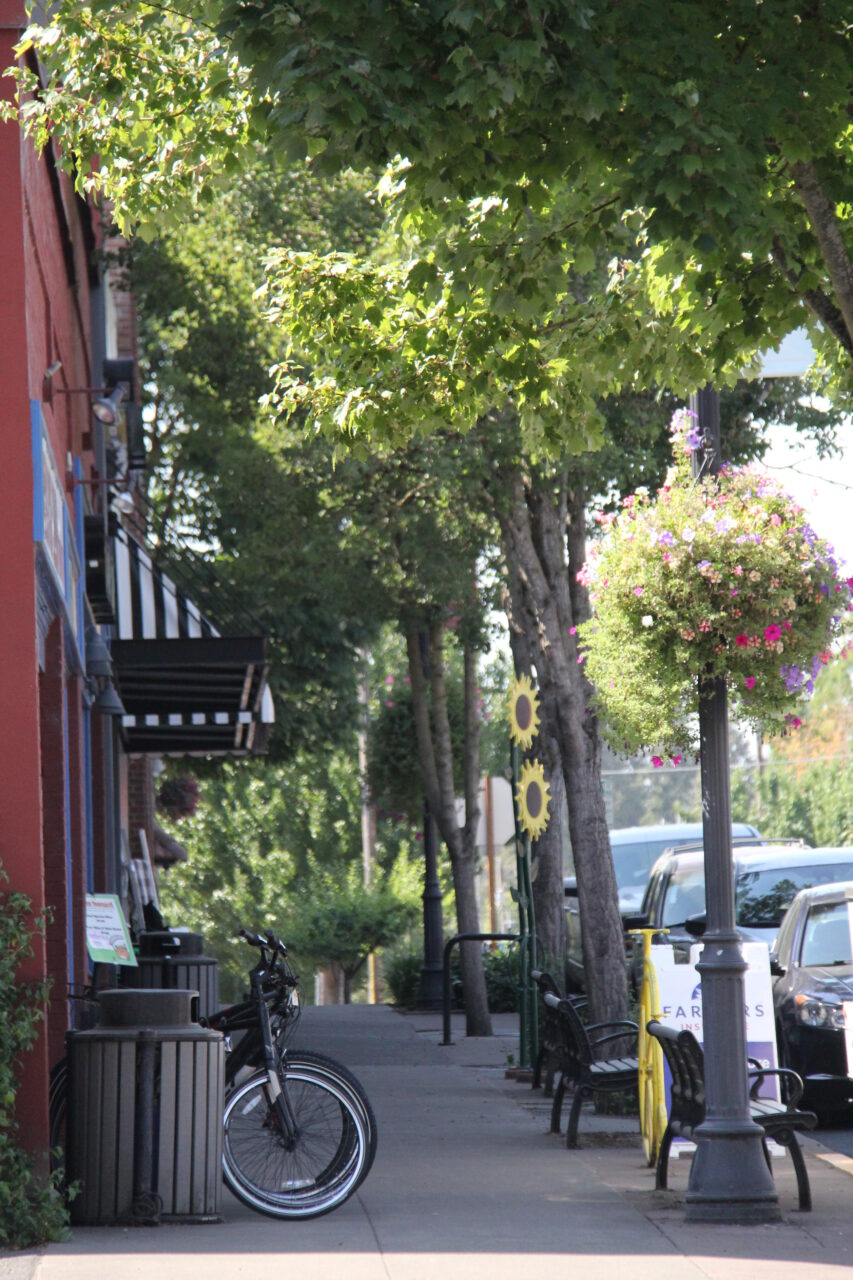
In the end, Dufner and the city of Monmouth hope to leverage existing partnerships to create long-term sustainable relationships between support organizations and local businesses, especially those that are Spanish-speaking and minority-owned. Dufner intends to continually highlight the benefits of increased connectivity to ultimately achieve more enterprise creation, business receipts and job growth in Monmouth.
Already, the city has made significant headway on its progress, including by:
- Contacting the Chamber, local business association and local economic development practitioners that specialize in entrepreneurial assistance and workforce development
- Surveying existing business owners to determine what services are needed and identifying gaps in existing business resources
- Partnering with the Chamber and local business association to create an online Business Toolkit available in Spanish and English
- Developing an inventory of entrepreneurial resources and providers
- Meeting with SourceLink® and local partner Indy Idea Hub to discuss shared mapping approaches, stakeholders, resources and a proposal
Lessons Learned in Monmouth
Leverage, don’t duplicate: Working collectively on common goals builds on the strengths of other organizations, reduces duplication of services and extends the city’s ability to create economic prosperity. By sharing resources with local, regional and non-profit organizations, Monmouth can expand its capacity more effectively.
Equitable access is essential: Monmouth has a significant Spanish-speaking population and has seen a rise in Latinx-owned businesses. Part of the city’s mapping efforts should continuously ask which entrepreneurs lack access to resources, what types of businesses are they building and what type of support they are missing to begin to chip away at inequitable barriers to entrepreneurship.
Stay flexible: Having a larger vision and strategy for economic development is important, but so is trying new things. Dufner is careful that as a smaller community, economic development in Monmouth doesn’t get stuck in old habits. Being willing to pivot when necessary, working with new partners and welcoming change can bring novel, beneficial opportunities.
This blog is part of a series highlighting NLC’s City Inclusive Entrepreneurship (CIE) network. Cities in the network have committed to implementing new policies, programs and practices that increase economic opportunity for residents through small business ownership and entrepreneurship. In November 2021, Mayor Cecelia Koontz of Monmouth, OR committed to cataloging local resources available to entrepreneurs.
Learn More
Learn more about NLC’s City Inclusive Entrepreneurship (CIE) network.
